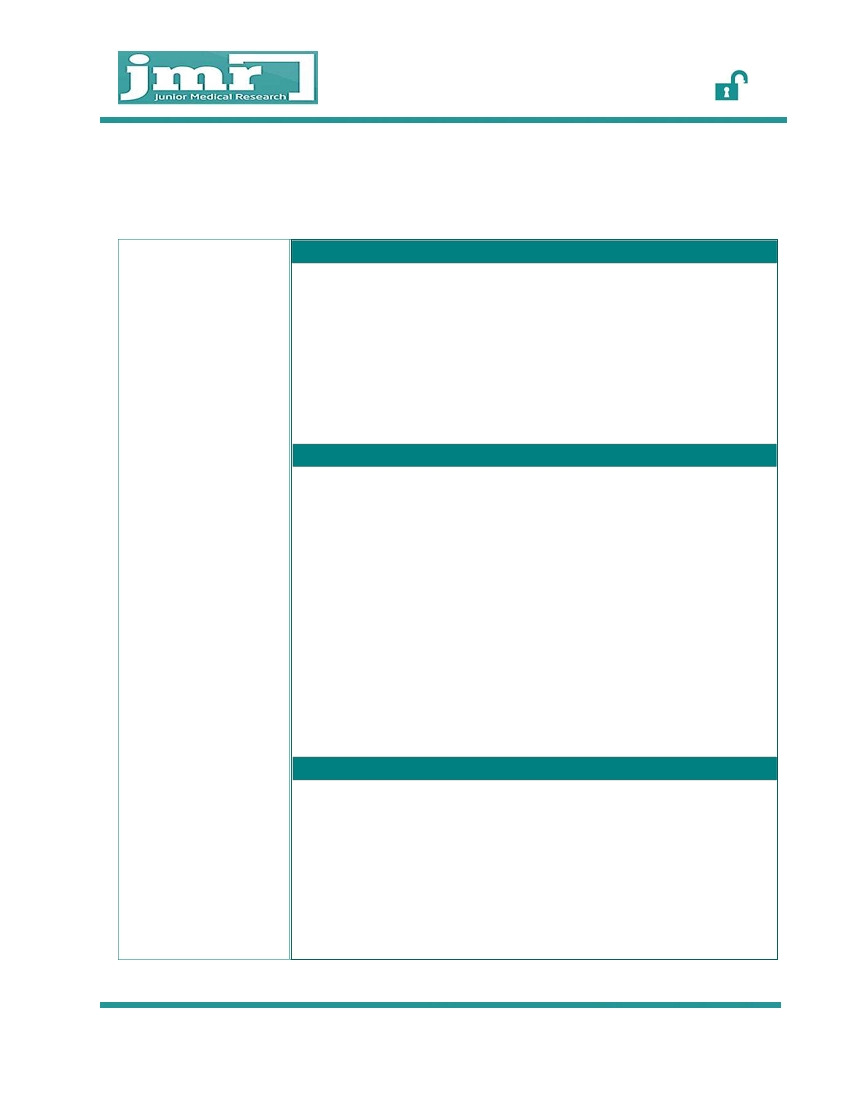
Full Text Article Open Access
Clinical Case Study
Hypertriglyceridemia induced acute pancreatitis managed with low
dose intravenous Insulin.
Sadalla Abdulhak Amer 1* , El-Rishi Mohammed Ali 2 .
1: Department of internal medicine Al Emadi
Hospital Doha Qatar
Introduction
2: Department of endocrinology Al Ahly
Hospital Doha Qatar
* Corresponding author
Hypertriglyceridemia (HTG) is the third most common cause of Acute Pancreatitis
Correspondence to:
Abdulhakamer1966@gmail.com
(AP). The mechanism of hypertriglyceridemia-induced pancreatitis is postulated to
Publication Data:
involve hydrolysis of triglycerides (TG) by pancreatic Lipase and release of free fatty
Submitted: January 3,2020
Accepted: February 14,2020
acids that induce free radical damage.
Online: March 15,2020
Insulin acts by activating lipoprotein lipase (LPL) which is a hydrolytic enzyme that
This article was subject to full peer-review.
enhance removal of TG from plasma. Insulin can be used to treat HTG in diabetic
and non-diabetic patients; it is competitive to other modalities as plasmapheresis in
cost and availability. Infusion of Insulin is likely to be more effective than using
subcutaneous route. The appropriate dose and duration of insulin in this context
need to be further elucidated [1].
Observation
A 35-years old non-diabetic male presented with upper abdominal pain and vomiting for
the past three days. He is known to have previous HTG induced AP five years ago.
Examination of abdomen elicits epigastric tenderness, pulse rate 105 bpm, blood
pressure 127/66 and temperature 37.2C. Pancreatic enzymes at presentation: Amylase
739 U/L (50-150 U/L), Lipase 1289 U/L (10-140 U/L) and TG 1208 mg/dl (40-170
mg/dl). Serum Creatinin is 0.98 mg/dl (0.6-1.3mg/dl), ALT 21 IU/L (8-32 IU/L), CRP 1.46
mg/dl (< 6 mg/dl). The electrocardiogram was normal. Explanation was given to the
patient that use of Insulin for HTG induced AP is not included in the local guideline but
well recognized treatment option; his HTG induced AP was managed with low dose
soluble insulin infusion in a dose of (0.5U/h) along with intravenous fluid, antibiotic,
analgesia and he was kept nil per mouth. A total of 10 U of Actrapid ® insulin was
infused over 20 hours daily for two days then Fenofibrate was reinstituted when he
started oral intake. The patient was closely monitored for glucose level hourly as well as
for potassium and magnesium. There was substantial reduction in TG level from 1208
down to 646 mg/dl after 12 hours and to 218 mg/dl after 36 hours, normalization of
pancreatic enzymes after 48 hours (Amylase 82 IU/L, Lipase77 IU/L). The patient
discharged after 3 days after favorable evolution .
Discussion
Acute Pancreatitis caused by HTG is likely to be more severe with higher rate of
complications compared to other etiologies [2,3] Therefore; rapid lowering of HTG
is a priority as it improves outcome of AP [4]. Insulin emerges as safe and effective
agent in lowering Triglyceride level within few days.
This is an open access article distributed under
The dose of insulin is widely variable among different studies, ranging from as low
the terms of the Creative Commons Attribution
Non-Commercial License 4.0 (CCBY-NC) allowing
as 0.1-0.3 U/kg/h to higher doses of 6-10U/kg/h, which are usually needed in
sharing and adapting.
Share: copy and redistribute the material in any
diabetic patients [5,6]. The duration of Insulin therapy is another variable among
medium or format.
Adapt: remix, transform, and build upon the
reported cases; it ranges between 2-4 days. In non-diabetic patients lower doses of
licensed material.
the work provided must be properly cited and
Insulin are usually used [7]. Although we used the lowest reported dose ; however,
cannot be used for commercial purpose.
it was safe and effective to lower hypertriglyceridemia within two days.
Citation : Sadalla AA, El-Rishi MA. Hypertriglyceridemia induced acute pancreatitis managed with low dose intravenous Insulin: A case
study.Jr.med.res.2020;3(1): 23-24. Sadalla et al © All rights are reserved. https://doi.org/10.32512/jmr.3.1.2020/23.24
Submit your manuscript: www.jmedicalresearch.com

Hypertriglyceridemia induced acute pancreatitis managed with low dose intravenous Insulin: A case study.
Conflict of Interest: None
References
[1] Carr RA, Rejowski BJ, Cote GA, Pitt HA, Zyromski NJ. systematic review of hypertriglyceridemia-induced acute pancreatic: A more virulent etiology? Pancreatology. 2016; 16: 469-
76.
[2] Valdivielso P, Ramirez A, Elwad N. Current knowledge of hypertriglyceridemic pancreatitis. Eur.J.Intern Med. 2014; 25: 689-94.
[3] Rawla P, Sunkara T, Thandra CK, Gaduputi V. Hypertriglyceridemia -induced pancreatitis: updated review of current treatment and preventive strategies. Clin J Gastroenterol.2018;
11: 441-48.
[4]Guo YY, Li HX, Zhang Y, He WH. Hypertriglyceridemia-induced acute pancreatitis: progress on disease mechanisms and treatment modalities. Discov.Med. 2019;27:101-09.
[5]Garg R, Rustagi T. Management of Hypertriglyceridemia Induced Acute Pancreatitis. Biomed.Res.Int. 2018; 2018: 4721357.
[6]Coskun A, Erkan N, Yakan S, Yildirim, Carti E, Ucar D, et al. Treatment of hypertriglyceridemia- induced acute pancreatitis with insulin. Przelad Gastroenterol.2015; 10: 18-22.
[7] Gayam V, Mandal AK, Gill A, Khalid M, Sangha R, Khalid M, et al. A Rare Case of Acute pancreatitis due to very severe hypertriglyceridemia (>10 000mg/dl) successfully resolved
with Insulin therapy alone. J Investig Med High Impact Case Rep.2018; 6: 1-5
24
Citation: Sadalla AA, El-Rishi M. Hypertriglyceridemia induced acute pancreatitis managed with low dose intravenous Insulin: A case
study.Jr.med.res.2020;3(1): 23-24. Sghair et al © All rights are reserved.
Submit your manuscript: www.jmedicalresearch.com